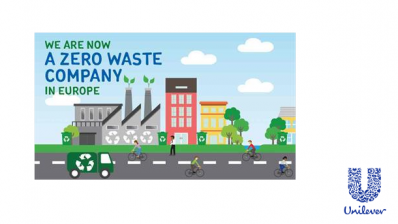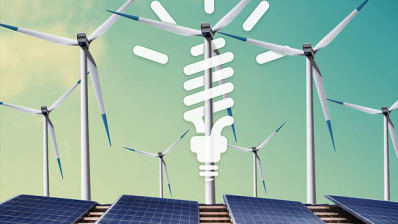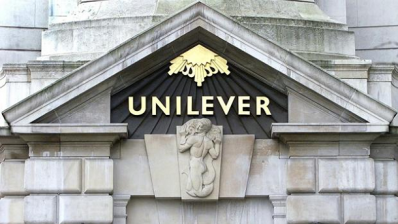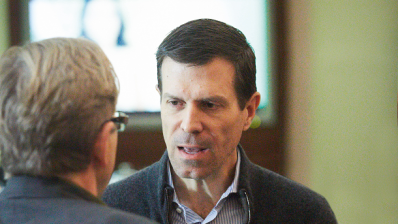Unilever says ‘real change is yet to come’ as it embarks on another zero waste campaign
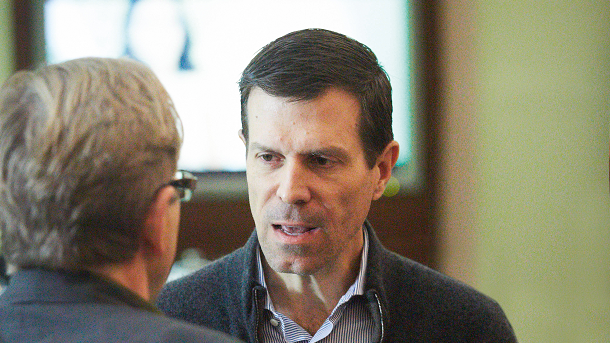
Every year, an estimated 1.3 billion tonnes of solid waste is collected worldwide, and this is expected to increase to 2.2 billion tonnes by 2025, with almost all of the increase from developing countries.
Earlier this year, Unilever reached the milestone of sending zero non-hazardous waste to landfill across all of its global factories, but Chief Supply Chain Officer, Pier Luigi Sigismondi, says this is just the start.
Change
"The scale of the problem is clear and although we are very pleased with our achievement, we realise it is a drop in the ocean. The real change is yet to come,” he explains.
“We know from our experience of delivering zero waste to landfill in our factories that we will not succeed in driving systematic change unless we can find ways to first of all personally connect with the issue and then commit to doing more and doing it quickly."
In this latest move, the Dove skin care maker brought together the representatives from different fields at 'The zero waste mindset - new ways of thinking to deliver transformational change' event, to present its learnings in the hope of inspiring others and to create an open discussion for what is next.
The event was in partnership with collaboration platform and service for sustainable business, 2Degrees, which has over 48,300 members from 177 countries.
Waste management
As well as the zero waste milestone achieved this year, one of Unilever's key suppliers for bottles, Sonoco, provides a waste management service in North America, in a partnership that affects the personal care, ice cream and spreads manufacturing sites, spanning different countries.
The partnership means that waste is pushed up the hierarchy rather than converting waste to energy.
